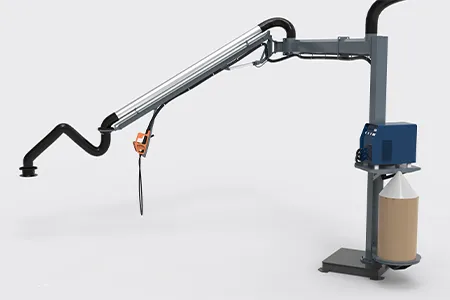While mild diarrhoea often can be managed at home, certain situations require veterinary intervention. If your dog displays signs of severe distress, such as persistent vomiting, blood in the stool, signs of dehydration (like excessive thirst or dry gums), or if the diarrhoea lasts more than a day or two, it’s vital to contact your vet. These symptoms may indicate a more serious underlying issue that needs professional treatment.






